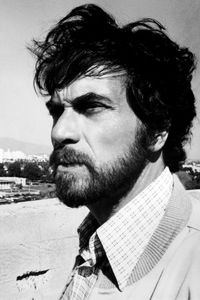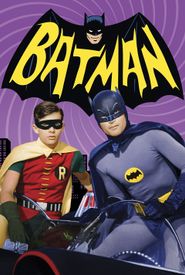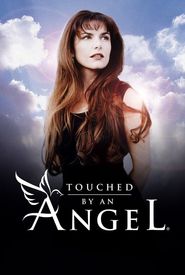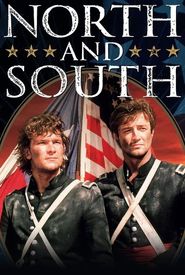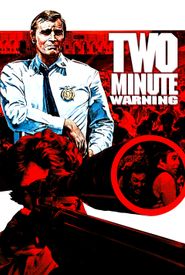Larry Peerce was born in 1930 in the Bronx, New York, to Jan Peerce, a renowned Metropolitan Opera tenor, and his wife, Alice. Peerce's illustrious directorial career spanned from 1964 to 2001, showcasing his versatility and adaptability in various genres.
In the 1960s, Peerce's directorial debut, One Potato, Two Potato (1964),garnered critical acclaim and earned an Academy Award nomination for Best Original Screenplay. The film's sensitive portrayal of an interracial marriage won Barbara Barrie top acting honors at the Cannes Film Festival. During this period, Peerce also helmed the westerns Branded (1965) and The Wild Wild West (1965),as well as the rock-and-roll concert film The Big T.N.T. Show (1965),featuring iconic performers like The Ronettes and Phil Spector.
Peerce's next project, The Incident (1967),was a gritty and intense film based on a true story about two teenage delinquents terrorizing subway riders. The film marked the screen debuts of Martin Sheen and Tony Musante, and introduced Beau Bridges to adult roles.
Peerce's adaptation of Philip Roth's novel Goodbye, Columbus (1969) was a critical and commercial success, earning him a nomination for Best Director-Motion Pictures from the Directors Guild of America. The film also received an Academy Award nomination for Best Adapted Screenplay, and launched Ali MacGraw's brief but illustrious career.
However, Peerce's success was short-lived. His subsequent films, such as The Sporting Club (1971) and A Separate Peace (1972),failed to impress critics and audiences. He then directed Elizabeth Taylor in the cosmetic-surgery thriller Ash Wednesday (1973),which fizzled out quickly.
Peerce found renewed success with made-for-TV movies, particularly with The Stranger Who Looks Like Me (1974) and the adoption drama The Other Side of the Mountain (1975) and its sequel. He then directed the disaster movie Two-Minute Warning (1976),which was heavily edited for television.
Peerce's attempt to adapt Sylvia Plath's novel The Bell Jar (1979) was met with disappointment. He continued to work on TV movies throughout the 1980s, but his big-screen adaptation of Bob Woodward's biography Wired (1989) was a major flop. Peerce retired from filmmaking in 2001, after helming the TV movie Second Honeymoon (2001).
